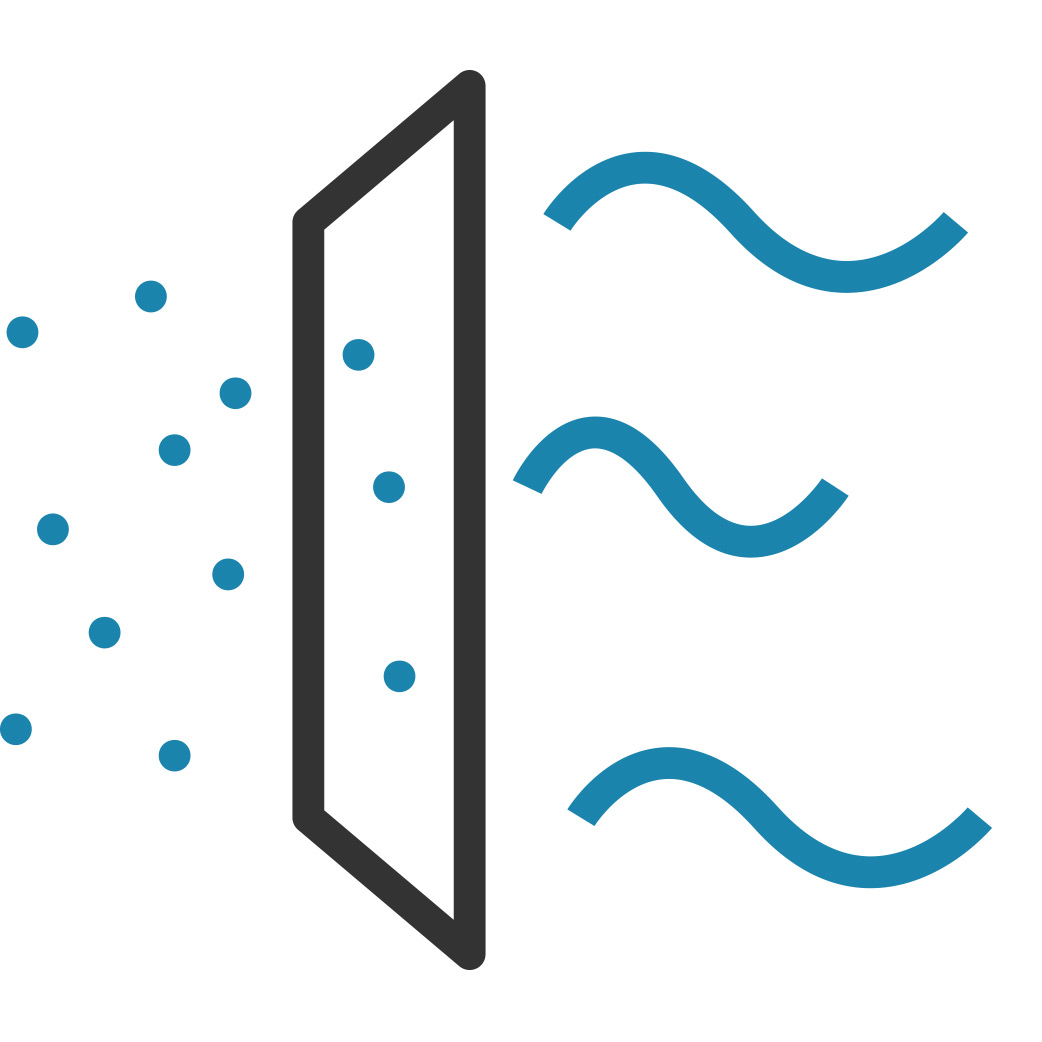Redevelopment Exposures
Redevelopment risks continue to dominate the insurance submission flow with the economy, availability and ease of access to money driving this trend. Some of the benefits of environmentally mature redevelopment sites include more significant environmental history (industrial, manufacturing, etc.), significant regulatory oversight and relevant and recent environmental reports. On the other hand, challenges of smaller redevelopment sites include: lack of sufficient information for underwriting exposures (to be encountered during soil excavation).

Looking to expand their operations, a company purchased a large piece of property that seemed suitable for redevelopment. Prior to their purchase, the company went through proper due diligence and conducted a Phase I site assessment. The Phase I did not note any known contamination onsite, but as the company began construction, they discovered petroleum contamination from an unknown heating oil tank. As a result, construction halted and the company had to incur remediation expense.

The insured was an owner of an upscale shopping center. A dry cleaner tenant located in the shopping center was failing to adequately contain perchloroethylene (PCE) solvent canisters. The canisters were improperly stored in an exterior trash container, and over time the PCE leaked and migrated off-site. The PCE flow contaminated several adjacent residential properties, requiring extensive cleanup. The residents of the effected properties filed bodily injury and property damage claims against the dry cleaner and the owner of the shopping center.

A road contactor was hired to apply a sealing coat to a new concrete garage next to a hospital. During the application of the sealant, fumes migrated into the hospital’s air intake system. Several patients and hospital staff were overcome by the fumes and became ill. Lawsuits were filed alleging bodily injury and asserting damages in excess of one million dollars.

The second floor of an office building was undergoing renovation. Tenants working on the non-renovated floor complained about exposure to dust and other airborne toxins. A week later, tenants expressed that they were experiencing headaches and dizziness. Shortly thereafter, the tenants filed suit against the contractors alleging bodily injury arising from airborne contaminants entering the ventilation systems.
Download the Redevelopment Exposures Claims Scenarios
Interested in learning more about redevelopment exposures in our industry?
- The Importance of “Clean Dirt”: Examination of the Impact of Using Contaminated Fill
- Is it clean?
- Professional Indemnity Coverage
- A Decade of Evolving Trends
- Contracting Services Environmental Liability Insurance Policy — Offering unique solutions for specialized contractors
- Premises Environmental Liability For Portfolios
- Environmental Risks of Shopping Centers
- 2020 Environmental Exposures and Coverage Solutions—A Carrier’s Perspective
- Program Feature: Contractors Blueprint Program
- Contracting Services Fact Sheet
- Contracting Services Project Specific Fact Sheet
- Professional and Contracting Services Fact Sheet
- PRE Fact Sheet